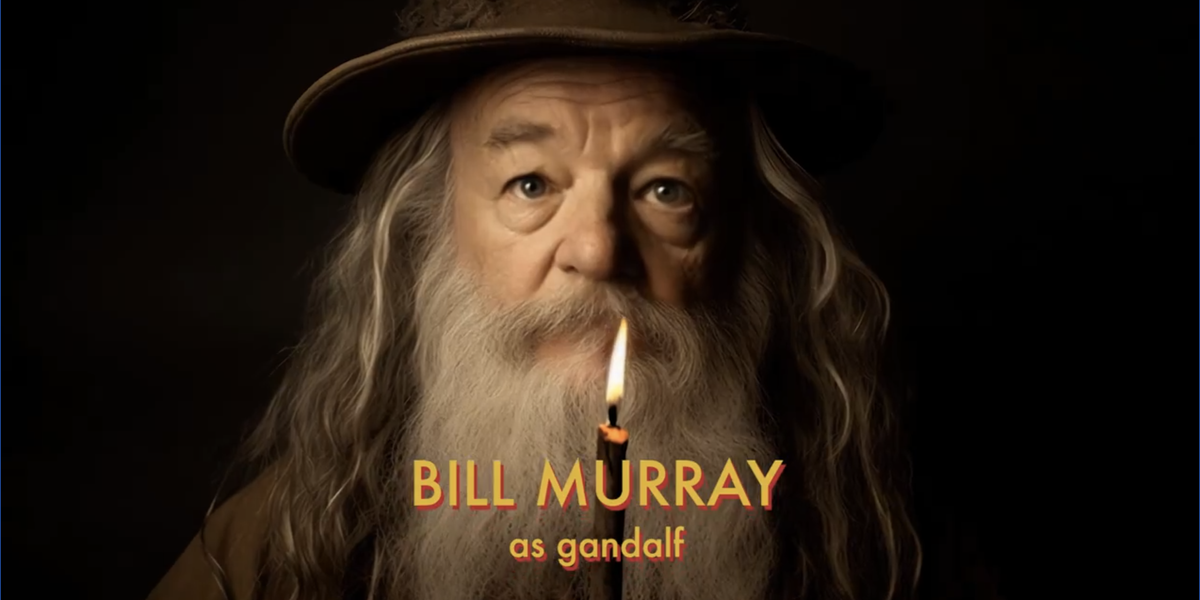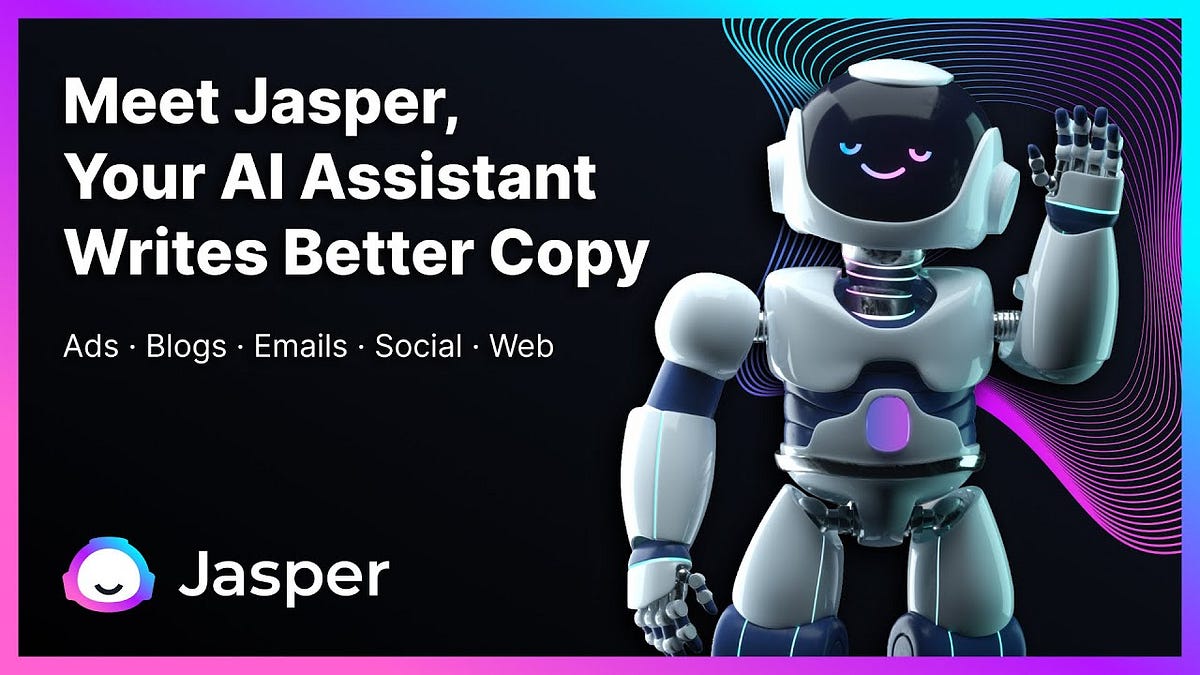They say write what you know, but I found that writing what I know includes not only my own life experiences, but also the emotional impact of those experiences, good and bad. So, influenced by that advice, I set off to write Max Dagan, which in turn helped me to become the writer and director I always hoped to be.
Finally dedicating myself to writing as my sole vocation was the difference between many years of writing and learning the craft to actually being a writer. Making that kind of commitment led me to write not only a deeply personal story but yielded a script with enough potential to attract such wonderful talents as Rob Morrow (Northern Exposure), Michael Madsen (Reservoir Dogs), Zachary Gordon (Diary of a Wimpy Kid), and so many other dedicated artists.
Finding Inspiration for Writing Max Dagan
As with many original ideas, there is often a seed that gets planted and, as it grows, so does your story. A self-taught musician since my teens, Iâd always dreamed of, and made many attempts at, making it big. However, possessing average talent at best, eventually squashed that reality, but the dream of being the next Eric Clapton never left me. Until, years later, I had this seed of a story about a young guitar prodigy, Max Dagan, hoping to find his way. Unfortunately, life had different ideas for him and as the story evolved, I came to realize that his prowess on guitar could and would somehow save him.
The emotional aspect of my past experiences helped me tremendously when developing Maxâs layers. Because my brother and I were raised by a single father and our maternal grandmother until our early teens, I was able to empathize with Maxâs situation and how his emotions dictate his actions and vice versa. Street smarts, independence, and maturity were all early lessons for me that I gave to Max as well.
In writing Max, I was able to explore how an abandoned child pieces together the shards of his existence. He is only 15 years old when his father is sentenced to 20 years in prison, forcing Max to find his own refuge and success by through his music. Now, riding the wave of early success as a guitarist in a popular rock band, Max discovers that his fatherâs brain tumor is terminal. Itâs at this point in the story, Max must open wounds of a past that discarded him in his fight for his fatherâs compassionate release. Along the way, ugly truths are revealed about what has kept his father imprisoned indefinitely and the people responsible for it.
Journey to Writing Max Dagan
Itâs easy to look at the decision to finally leave the security of a full time job and steady paycheck as a very difficult life choice, and it was. However, staying in that job for 30 years while learning and pursuing my writing and filmmaking was even more daunting. Being a father and husband comes with many time-consuming obligations, so balancing my creative endeavors took serious discipline. It meant writing nights, weekends, and any other pocket of time I could find. It also meant finding a dedicated space.
With one child, I was able to take a spare room and use that as my writing space. A place where I could close the door, and close the door when I was done, leaving everything in place for easy continuance. When my second son was born, I lost that space, so for the next 15-plus years, I rented various, inexpensive offices and spaces where I could write. But as they say, if you want something bad enough, you will find a way. I did and for many, many years, Iâm proud to say, I accomplished a lot.
Now with my sons older, a new woman in my life, and my third feature film Max Dagan completed, I feel nothing but pride at all the sacrifices Iâve made over the years to get to this point in my life and I have also never been prouder of a script and film than this one.
‘Max Dagan’Closing Night Film at Dances With Films
Journey to Directing Max Dagan
My directing career began when I finally had a script I believed was worthy of the big screen. The problem? How to get it there.
The only logical solution I could see was to self-finance it. I also needed to answer three questions. One, could I do it? Two, would I enjoy it? And, three, would I be any good at it?
The first two questions, I was able to self-assuredly confirm. But the third answer could only come from the outsideâand it did by way of festival accolades. That first feature was my film school. My second film was a comedy with a bigger budget. That film also won a few awards on the festival circuit.
Now, as I sat with a completed Max Dagan script, I felt I was ready to scale again. Bigger budget, bigger names, bigger crew, etc. I believe in myself and have always betted on myself, so for Max Dagan, I placed my bet to win and now, putting it all out there to run.

Casting and Working with Actors
One of the most satisfying feelings that can happen as a writer/director is when an actor reads your words during the audition with the exact intent and rhythm you had in your head when writing them. And, an even better, more enthusiastic feeling is when an actor reads your sides in a way that you never imagined and it blows you away. Thatâs when you know that actor can bring you to a place you never dreamed of. Something very special about that.
I believe there needs to be certain traits in the actor that are part of their DNA that align naturally with their character. Those inherent qualities add a degree of realism to their performance indescribable in words, but when it happens, you know it. You just feel it in your bones. Itâs euphoric.
I felt this way with all the cast, but as an example, casting Lindsey Dresbach as Alaina Brennan was memorable. I felt it immediately.
I knew her character of Alaina needed to be tough, but also have a sweetness underneath her pain and hurt. Lindsey had those qualities and I think thatâs why the camera loves her so much.
Some things with actors are not always about a specific reading, but rather what I personally need and look for when casting. I always look for an agreeable nature or a chemistry during the audition, knowing my relationship with the actor will be so essential on set if we both want to get the best performance. After all, during production, youâll both be in a heightened state of emotion and focus, and itâs important that our work ethics align and our visions for the character have been discussed. I want to identify qualities in the actors that can survive the compressed time restraints of production, yet easily draw out the qualities and nuances of the character I took so much time to craft.
My approach offers my actors the freedom to discover their individual voices and give them the time to shape their relationships with each other on screen, in character. Itâs important to listen to their opinions and interpretations of the characters until we find the common ground that works for all of us. My job is to make sure they feel safe to explore and play within the world Iâve set up.
When an actor can freely and comfortably tell you what they think, itâs sometimes easier for them to do it the way you request, once you can discuss it with them in depth. That only comes through a mutual respect that must be carefully established. Constructive criticism is a fine line.
As the director, casting is always the most exhilarating part of the process but staying true to myself isnât easy. I wanted Michael Madsen badly. His filmography speaks volumes of his talent and I knew he would be perfect for the storyâs antagonist. When we first met, however, Michael spent 30 minutes expressing his desire to play a sweeter, more nurturing role. There was no question he could deliver, but at the risk of losing him altogether, I spent the next 30 minutes pitching him on the merits of my original intent. Thankfully, he was convinced, graciously accepted, and exceeded all my expectations.
My Advice for Writers
Write the story you want to tell. Donât try to gauge the market or write something you think the studio will want. Iâve made that mistake.
Your passion will be contagious for others. Passion is always apparent – when you write it, pitch it, cast it, and film it, and, ultimately, distribute it. Itâs tough enough to get a film made, so shine as bright as you can with the film that you want to make.




